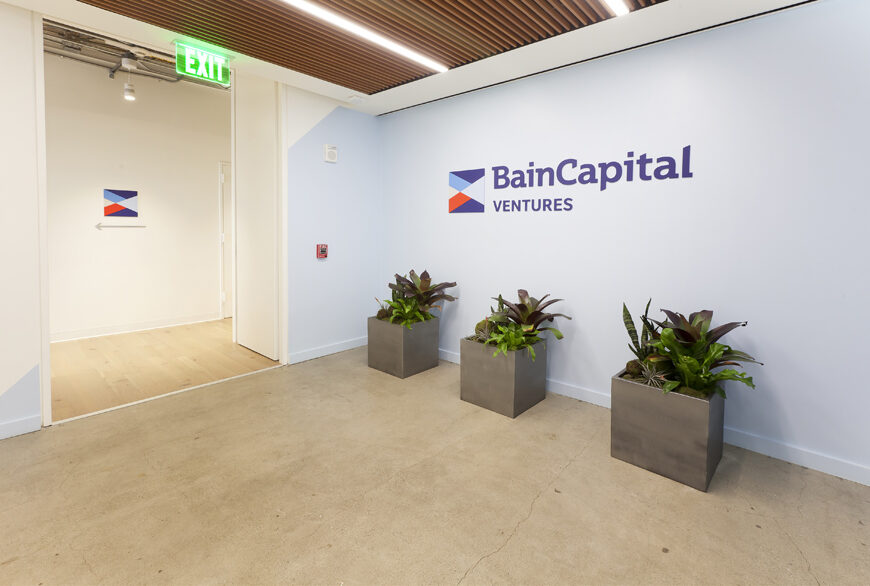Kartik Kolachina will be joining the Private Equity team at Bain Capital. He previously worked at Multiples PE since Dec’20. Prior to joining Multiples, Kartik was at EY Investment Banking from Aug’17-Dec’20, in Mumbai. Kartik holds an B.Eng in Chemical Engineering from University of California, Los Angeles (UCLA). Kartik will be sharing his/her experience from his stint at Multiples focusing on sharing insights about the PE industry in India.
Interview
How did you recruit for this role? What would your advice be for potential candidates aspiring to get here? (recruiting strategy, cycle, process etc.)
I reached out to the firm directly. The process finished quite quickly. There were 4 interview rounds + 1 case study.
Most PE recruitment happens through the various headhunters/recruitment agencies such as Michael Page, Native etc. It would be good to get in touch with them relatively early into your IB/Consulting stint, so that they keep your profile in mind whenever roles do come up.
Also reach out to as many PE professionals on LinkedIn as possible. Middle management such as VPs & Principals seem to be most responsive and will also have a great say in referring you for a role, as compared to an Associate/Analyst. While the overall response rate on LinkedIn is relatively low, there seem to be enough VPs/Principals who are willing to have a conversation and refer you if they believe you are a good fit.
Also, as an IB Analyst, whenever you are working on deals with a PE or showing them a deal, try to develop atleast a basic relationship with the PE professional such that if you reach out to them later and provide some context as to when you interacted with them, they will also somewhat remember. This is also a good way to develop a basic contact at a PE fund who can likely refer you for an open role.
If you happened to have a senior MD/Partner who left your IBank during your stint and if you had a good rapport with them, you should also reach out to them and see if they can possibly atleast get you a conversation with any of their PE contacts.
The process is relatively standard
- 1 or 2 initial interviews to gauge an initial fit & ability – these will usually happen with a Senior Associate or VP
- 1 or 2 rounds with a VP/Principal which will delve into details about your deal work and present some verbal case studies to understand how you think
- 1 case study round – this will include a modelling portion (could be an LBO or a simple 3 statement model or a detailed 3 statement model) & an investment thesis
- 1 or 2 additional rounds with MDs – there will a discussion of the case study as well as a discussion similar to the previous rounds with the VP/Principal
The total number of rounds widely varies depending on the fund. You should carefully choose which deals to put on your CV because you will be required to know everything about those deals, including your view on whether it is a good investment or not and the risks associated with the same.
What are the key skills that are required for this role?
Some of the key skills required are:
- Financial Modelling: Particularly as an IB analyst, you will be expected to have strong modelling skills. Some PE firms offer an initial modelling training but most of the time, you have to hit the ground running
- Industry Knowledge: This is particularly relevant to the sector you covered as an IB analyst (if your firm had sector allocation). There are certain sectors which require more background knowledge such as FS, Pharma, IT as opposed to Consumer/Consumer Tech. Even if you are placed onto a deal in which the sector is completely knew to you, you will have to quickly come up to speed on your own. I am referring to industry knowledge in terms of understand technical aspects pertaining to each sector.
- Market Knowledge: You will be required to keep up with general market news on your own. Aside from that, for sectors that you start working in as a PE analyst, you should come up to speed on the various players in the market, how they compare to each other in terms of performance/model/investors etc. This is definitely not something you need to know from Day 1 (aside from the sector you covered in IB) but should quickly have a grip on.
- Develop the ability to think about companies in a structured way – try to come up with a simple framework using which you can evaluate most companies and have an initial view on them
What is the typical feeder profile (typical previous work experience) for this industry in general and for your firm in particular?
For Pre-MBA roles, PE firms typically hire Pre-MBA IB Analysts or Consultants. There are multiple PE firms that exclusively hire Consultants but there don’t seem to any firms that exclusively hire IB Analysts. This was an aspect that I was not aware of when I joined IB and may be something to keep in mind w.r.t casting a wider net.
Occasionally, firms also do hire analysts with a DD background. You may just have to push harder for it through networking etc.
Is there an education path that is preferred for getting a role in this industry?
Speaking from a Pre-MBA perspective, there isn’t any fixed education background required. CAs, BComs, Engineers etc. are all considered. What seems to be more important is the experience prior to applying for the PE role. Not sure if having a CFA adds any significant value to your profile since so many people seem to have it (although, possibly I am being a hypocrite by doing it)
What is your total team size and what is the typical team staffing on a case/deal?
There are a total of 16 people at Multiples. A typical deal will usually have 2-3 people (Analyst/Associate + VP/Principal + MD)
What is a typical day at work for you?
Most days are spent on evaluating investment opportunities. At Multiples, an Analyst could be working on anywhere from 1-6 deals at a time, depending how the overall deal flow and the various stages that the deals are in. A good amount of time during 9-5 will probably go in calls & meetings, so you will be required to finish the actual work (model, research, note preparation, analysis etc.) outside those hours.
There will also be portfolio work occasionally – the actual amount of portfolio work really depends on the portfolio company you get staffed on.
What are your key responsibilities and deliverable on a case/deal?
You will be required to:
- Handle the model
- Do all required analysis on data received & additional research etc.
- Prepare IC notes & other types of notes
- Go through DD reports & summarize findings
- Handle expert calls (usually along with a VP)
- Come with your own views on the investment opportunity
- Co-ordinate with the bankers/company post the initial calls where your VP may be involved
What is the typical exit that people get from this role?
Most people will either go for an MBA or to another fund. Sometimes, people may also move to strategy roles in startups etc.
What are the pros and cons about this role?
Pros
- Exposure to an incredibly large set of companies – within a few months, you should be able to understand a very large number of business models, sectors and companies
- Promoter meetings are usually very interesting and an excellent way to understand how entrepreneurs think of companies/business models and how they go about building the same
- You can learn a lot about how to think & analyze businesses and in general about sectors from your seniors who have been in the industry for longer
- You develop a very structured way of thinking about businesses which allows you to quickly come up with an initial view on companies
Cons
- It can get tough to juggle multiple deals at the same time with very similar set of timelines – particularly since you cannot drop the ball on any of them
- If you are looking at a large number of deals at the same time, it may be difficult to delve in deep into any of them – this is honestly more on you and you can, on your own time, try to delve in deeper
What are your typical work hours in a week (including weekends)?
~85-90 hours usually – this can fall to 50 when deal flow is less but can even rise to 100+ when there are multiple deals at an advanced stage
How do the responsibilities evolve as one grows in this industry into senior roles?
Professionals in senior roles are more involved in building relationships with bankers/advisors/promoters, thinking more about valuation & structuring, developing a larger view of sectors, delving into transaction documents.
What would be your advice for people aspiring for a similar role?
Because of the limited number of roles, you probably have to think a bit ahead in terms of getting into PE – try getting into a good IB/consulting firm after your undergrad and then take usual steps of reaching out to recruiters/using LinkedIn etc.
During your IB stint, try to get onto as many deals as possible (not in your hands but push for it). While working on your deals, even through your job is to try selling the company to potential investors, try to think of the company from an objective POV and develop your own thesis. Use deals to understand those business models/sectors as deeply as possible – this will be hugely beneficial during your PE stint. Keep up with the markets as much as possible and try to invest in the stock market as much as possible as it is a good way to understand how to invest (I unfortunately did not do this as much as I should have).
This might seem a bit contrary to usual advice but try to have 1 sector which you understand really well prior to joining a PE firm – this should be the sector you covered as an IB analyst. As a PE analyst, you will be staffed across sector but it helps to have that 1 sector you understand well from beforehand.










![First Principles Approach to Financial Modelling in Excel - [Episode 1] First Principles Approach to Financial Modelling in Excel - [Episode 1]](https://thenumbermonkey.com/wp-content/uploads/abacus-100x100.jpg)









